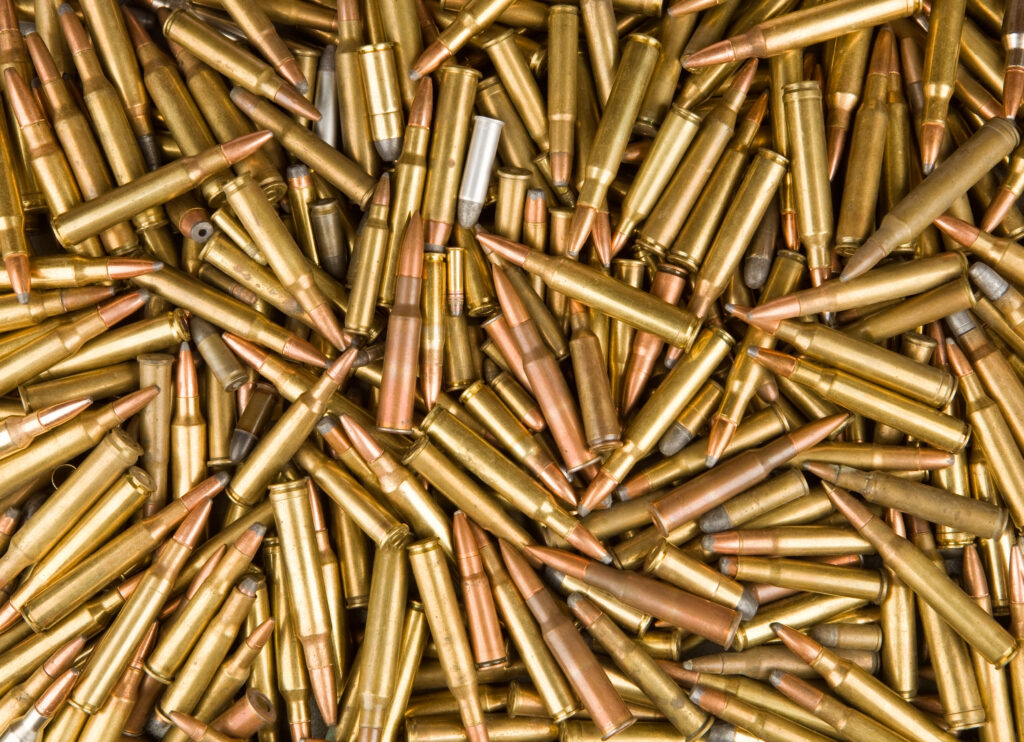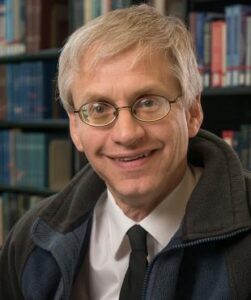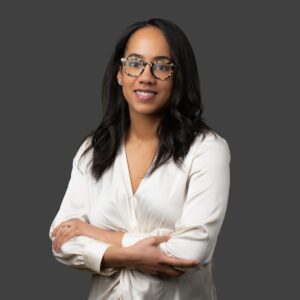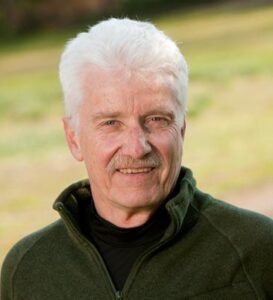Understanding Underground Gun Markets

The Crime Lab explored how people access firearms and ammunition in the illicit market.
Challenge
Despite Chicago’s strong gun control laws, illegal firearms coming into Chicago have been a contributing cause of devastating gun violence for decades.
Opportunity
The lack of detailed information about the exact origins of illegal firearms has made it difficult to stop their inflow. Better targeting of efforts to stop the inflow and proliferation of illegal guns requires better information about where they come from and how people acquire them. To shed light on underground gun markets, the Crime Lab brought together multiple avenues of research, including interviews with incarcerated gun offenders, ethnographic fieldwork, social network analysis, and analysis of administrative data.
Project overview
In 2016, amid a historic spike in homicides, the Crime Lab conducted a comprehensive study of the origins of illegal firearms. The study was based on a survey of 221 Chicago residents who had recently spent time in the Illinois Department of Corrections (IDOC) on gun-related charges. The questions posed to survey respondents asked how respondents acquired guns, their reasoning for wanting to acquire a gun, and the ease with which they were able to acquire a gun. The research team also analyzed the survey respondents’ prior exposure to violence and interactions with the criminal justice system to understand illegal gun circulation in neighborhoods better.
Most survey respondents had acquired their firearms through purchase or trade (48%), with the majority of those firearms being acquired illegally through family, friends, or acquaintances. Of those who had been the victims of gun violence, 39% knew the identity of their shooter. In comparison, only 12% were willing to talk with police due to fear of their own arrest because of outstanding warrants, neighborhood/gang social norms, or mistrust of police officers more generally.
Years Active
2016
Topics
Project Leads
Harold Pollack
Co-Founder

Kim Smith
Director of National Programs and External Engagement

Philip Cook
Professor Emeritus of Public Policy and Economics at Duke University

